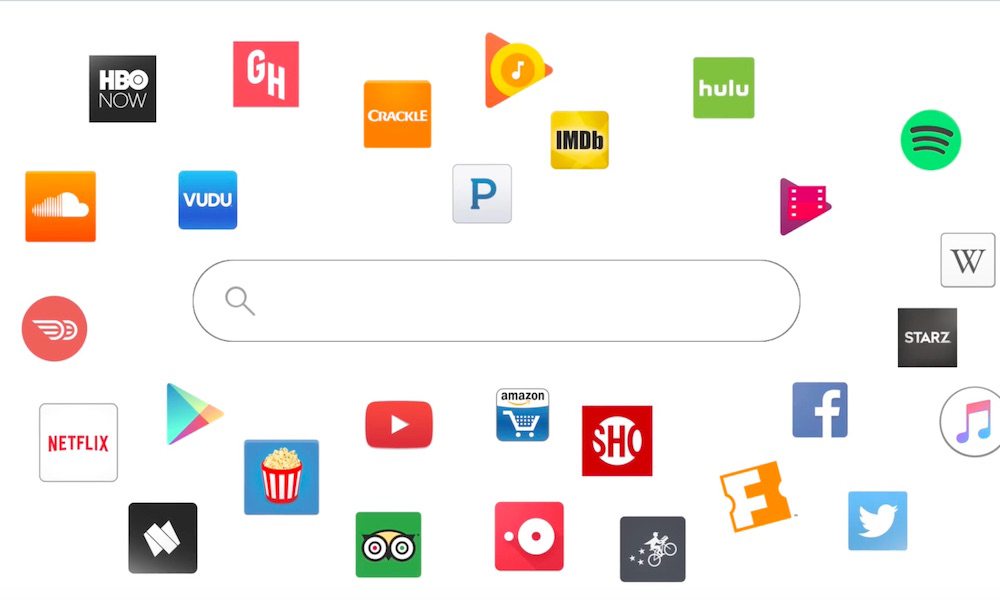Contrary to Early Reports Verizon’s AppFlash Isn’t Actually Spyware

Toggle Dark Mode
Bloodthirsty internet service providers wasted no time rolling out invasive spyware in the wake of internet privacy deregulation — or so it seemed for a few hours.
Earlier today, the Electronic Frontier Foundation — a digital advocacy organization — released a statement claiming that Verizon was rolling out a launcher feature called AppFlash that was little more than thinly veiled spyware. AppFlash, as TechCrunch points out, will live on the Android home screen and seeks to help users find content and services across different applications. But the EFF press release didn’t paint AppFlash as useful software. Instead, the organization alleged that it may be used to “collect intimate details” and illustrates Verizon’s “intent to gather location and contact information.”
“In other words, our prediction that mobile internet providers would start installing spyware on their customers’ phones has come true, less than 48 hours after Congress sold out your personal data to companies like Comcast and AT&T,” the EFF statement reads. “With the announcement of AppFlash, Verizon has made clear that it intends to start monetizing its customers’ private data as soon as possible.”
But is that really the case? Take a look at the EFF statement now, and it becomes clear that it might not be. After receiving “additional information” from Verizon, the Foundation decided to redact the post and its accusations while they “investigate further.” Apparently, the AppFlash test is only going to be conducted on a single smartphone — the LG K20 V — and requires an explicit opt-in to use, Verizon said in a statement to Engadget. As the service provider points out: “Nobody is required to use it.”
Additionally, Verizon posted a statement on its website briefly explaining some of its privacy policies in the wake of FCC privacy law rollbacks. “We have two programs that use web browsing data — and neither of these programs involves selling customers’ personal web browsing history,” Verizon’s Karen Zacharia said.
Of course, this doesn’t mean that online privacy deregulation isn’t a valid concern, you should probably still take ISP statements with a grain of salt. As it’s arguably more important than ever to be mindful about your digital footprint, we still recommend vigilance in keeping yourself and your data secure and away from prying eyes.






